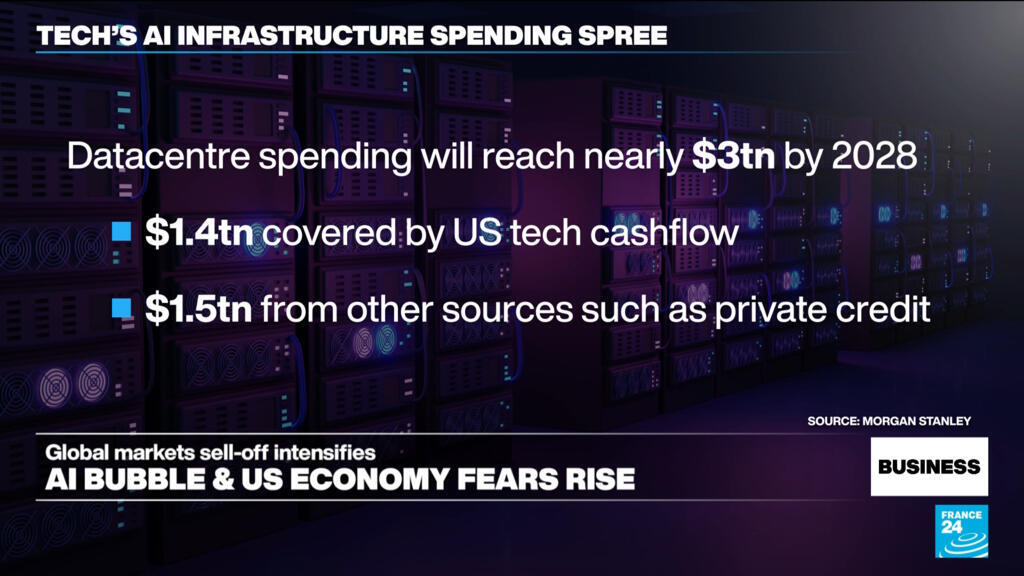How Africa’s Emerging Tech Startups are Revolutionizing the Continent’s Economy
Explore the growing impact of emerging tech startups across Africa and how they are driving economic growth, job creation, and technological innovation on the continent. From fintech to e-commerce and AI, discover how these startups are transforming Africa’s business landscape.
In recent years, Africa has become a hotbed for technological innovation, with emerging tech startups leading the charge in transforming the continent’s economy. From mobile payment systems to artificial intelligence (AI) and e-commerce platforms, these startups are not only addressing unique challenges in Africa but are also shaping the global tech landscape. As the continent continues to embrace digital transformation, African tech startups are driving economic growth, creating jobs, and boosting entrepreneurship like never before.
The Rise of Tech Startups in Africa
Africa’s technology sector has seen exponential growth, fueled by young, dynamic entrepreneurs and a rapidly expanding digital ecosystem. According to recent reports, venture capital investment in African startups has grown significantly, reaching billions of dollars over the past few years. This surge in funding highlights the increasing confidence in Africa’s tech scene and its potential to become a major player in the global economy.
The growth of Africa’s digital economy is largely driven by the continent's increasing internet penetration, mobile phone usage, and the rising middle class. As more Africans gain access to the internet and smartphones, new opportunities are emerging for tech startups to provide solutions that address local challenges. Whether it’s providing access to financial services in underserved areas, enhancing supply chains, or creating new ways to engage consumers, African tech startups are stepping in to fill the gaps that traditional industries have often overlooked.
Fintech: Redefining Financial Inclusion
One of the most prominent sectors where African startups are making a significant impact is fintech. With millions of Africans still unbanked, fintech startups are providing much-needed financial services to underserved populations. Companies like M-Pesa in Kenya, Flutterwave in Nigeria, and Paystack (acquired by Stripe) have already transformed the way people conduct financial transactions across the continent.
M-Pesa, for example, revolutionized mobile money, enabling millions of people in Kenya to access banking services using only their mobile phones. This innovation has been replicated across the continent, with mobile wallets and peer-to-peer payment systems helping individuals and small businesses transact easily and securely.
The fintech sector is also empowering small and medium-sized enterprises (SMEs) by offering solutions such as mobile banking, micro-loans, and payment processing platforms, providing them with the financial tools to grow and scale. As these services become more widely accessible, they are fostering greater economic participation and promoting financial inclusion across Africa.
E-Commerce: Redefining Retail and Supply Chains
E-commerce has also seen a major boom in Africa, with the rise of platforms like Jumia, Takealot, and Kilimall. These startups are bringing retail to the digital age, providing consumers with access to a vast range of products from both local and international sellers. As Africa’s urban population grows and internet access improves, e-commerce platforms are rapidly expanding their reach, allowing people in even the most remote areas to shop online.
Beyond simply offering consumer goods, e-commerce startups in Africa are also reshaping supply chains, logistics, and payment systems. Many platforms have integrated local delivery services and developed last-mile solutions that ensure goods reach customers efficiently, even in challenging environments. As more consumers adopt online shopping, e-commerce companies are contributing to the growth of the digital economy and creating new job opportunities in logistics, customer service, and digital marketing.
Artificial Intelligence and Data Innovation
Artificial intelligence (AI) is another area where African tech startups are making strides. From using AI to improve healthcare delivery to enhancing agricultural productivity, African startups are finding innovative ways to leverage data and machine learning to solve local problems.
For example, in agriculture, startups like Twiga Foods in Kenya are using AI to optimize supply chains, reducing food waste and increasing access to fresh produce. AI-driven platforms like HealthQ in South Africa are using data to improve healthcare services and help prevent diseases by monitoring patient conditions in real time.
Moreover, AI is being used in sectors such as education, logistics, and even government services, helping to enhance efficiency and decision-making. As AI technology continues to evolve, it is likely to play an even greater role in addressing Africa’s complex challenges, from climate change to infrastructure development.
Job Creation and Entrepreneurship
Perhaps one of the most transformative aspects of the tech startup boom in Africa is the job creation and entrepreneurship it fosters. As startups grow, they create a ripple effect, generating employment opportunities across various sectors, from technology and engineering to marketing, sales, and logistics. In turn, this helps to reduce unemployment and promotes economic stability.
The rise of tech entrepreneurship is also inspiring the next generation of innovators. Many young Africans are increasingly looking to the tech industry as a career path, spurred by the success stories of local startups and the growing ecosystem of accelerators, incubators, and co-working spaces. Tech hubs in cities like Lagos, Nairobi, Cape Town, and Accra are helping nurture new startups and connect entrepreneurs with the resources and networks they need to succeed.
These innovations are not only shaping the job market but also fostering a culture of entrepreneurship. African tech startups are being supported by a growing number of angel investors, venture capital firms, and international funding organizations that see the continent as a land of untapped potential. The success of companies like Flutterwave, Andela, and Safeboda has proved that Africa is capable of producing globally competitive tech businesses, which will only encourage more investment in the sector.
The Future of Africa’s Tech Ecosystem
Looking forward, the potential for Africa’s tech startups to continue transforming the continent’s economy is immense. Governments, private sector players, and international organizations are increasingly recognizing the importance of supporting tech innovation, and many African countries are developing policies to encourage the growth of startups.
As Africa’s digital infrastructure continues to improve, the continent will see even greater investment in tech innovation, fueling further economic growth. With a young and dynamic workforce, a growing middle class, and increasing internet access, Africa’s tech ecosystem is poised to become a global powerhouse in the coming years.
In conclusion, Africa’s emerging tech startups are not just changing the way business is done on the continent; they are redefining the entire economic landscape. From fintech and e-commerce to AI and agriculture, these startups are providing solutions that are uniquely tailored to the needs of African societies, driving economic growth, and paving the way for a more inclusive, sustainable future. As innovation continues to flourish, Africa’s tech startups will undoubtedly play a key role in shaping the continent’s future prosperity.




/cloudfront-us-east-1.images.arcpublishing.com/gray/SZZTW67LMRAMPPCKBBQMSUTFRA.JPEG?#)




















































